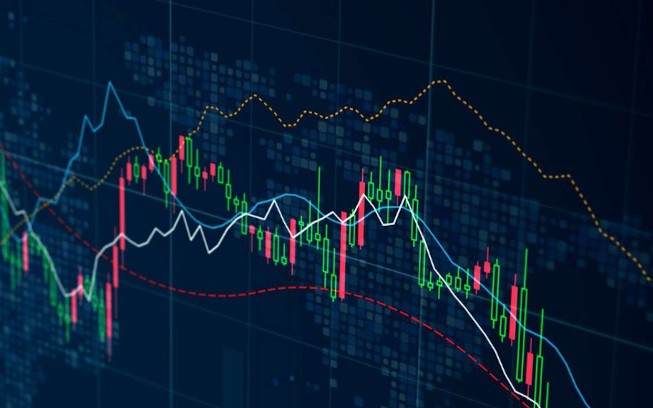
A forex trading license is an essential element for anyone looking to engage in forex trading as a business or as a broker. Whether you are an individual trader or a company offering trading services, understanding the requirements and implications of obtaining a forex trading license is vital. Moreover, as global trading evolves, staying informed is key. For comprehensive insights, visit forex trading license trading-cambodia.com.
What is a Forex Trading License?
A forex trading license is a legal permit issued by regulatory authorities that authorizes individuals and companies to operate as forex brokers or traders. This licensing process varies from one jurisdiction to another, with different requirements and regulations governing the forex market in each area. The primary purpose of obtaining a forex trading license is to ensure compliance with local laws and regulations, fostering a safer trading environment for individuals and enterprises alike.
Why is a Forex Trading License Important?
The significance of a forex trading license cannot be overstated. Below are some compelling reasons why obtaining a license is critical:

- Regulatory Compliance: A licensed broker adheres to the regulations set forth by governing bodies, ensuring a level of trust and accountability.
- Investor Protection: Licensed brokers typically provide a higher level of protection for investors. In case of disputes, clients have recourse mechanisms through regulatory bodies.
- Legitimatization: Having a license builds credibility. It reassures clients that the broker is operating within the law, enhancing trust.
- Access to Resources: Licensed brokers often have better access to banking partnerships, liquidity providers, and trading platforms, improving the overall trading experience.
Types of Forex Trading Licenses
There are various types of forex trading licenses granted by different regulatory authorities around the globe. Some of the most recognized licenses include:
- Financial Conduct Authority (FCA) – UK: One of the most respected regulatory bodies, the FCA ensures high standards of compliance and protection for traders.
- Commodity Futures Trading Commission (CFTC) – USA: The CFTC regulates the futures and options markets, providing oversight for forex trading in the U.S.
- Australian Securities and Investments Commission (ASIC): ASIC is known for its stringent regulations and is favorable for both traders and brokers.
- Cyprus Securities and Exchange Commission (CySEC): This license is popular among forex brokers due to its relatively easier application process and regulations.
- Dubai Financial Services Authority (DFSA): This authority offers a robust regulatory framework for brokers operating in the Middle East.
How to Obtain a Forex Trading License?
Obtaining a forex trading license involves several steps, which may vary by jurisdiction. Here is a general outline of the process:

- Research: Understand the regulatory requirements in your desired jurisdiction. Each authority has its own set of rules and guidelines for licensing.
- Business Plan: Prepare a comprehensive business plan including your trading strategies, target market, and financial projections to demonstrate your plans for operating a legitimate trading entity.
- Application Form: Complete the application form provided by the regulatory body. Ensure all information is accurate and up-to-date.
- Documentation: Prepare required documents such as identification papers, proof of address, background checks, financial statements, and any relevant licenses.
- Application Fee: Pay the application fee, which can vary significantly depending on the regulatory body.
- Approval Process: After submission, the regulatory authority will review your application. This process can take several weeks to months.
Challenges in Obtaining a Forex Trading License
While obtaining a forex trading license is essential, there are challenges that applicants might face:
- Cost: The cost to obtain a forex license can be substantial, including application fees, legal fees, and costs associated with compliance.
- Time-consuming: The approval process can often be lengthy, as regulatory bodies conduct thorough examinations.
- Complex Regulations: Understanding and complying with the intricate regulations can be overwhelming, especially for new entrants in the market.
Conclusion
In conclusion, a forex trading license is not just a piece of paper but a fundamental requirement for legitimate forex trading operations. It enhances trust and credibility, protects investors, and ensures compliance with local regulations. For aspiring traders and forex brokers, navigating the licensing process may seem daunting, but the benefits far outweigh the challenges. It opens the door to a world of opportunities in the forex market. Always stay informed and consider seeking professional advice when embarking on the journey of obtaining a forex trading license.
